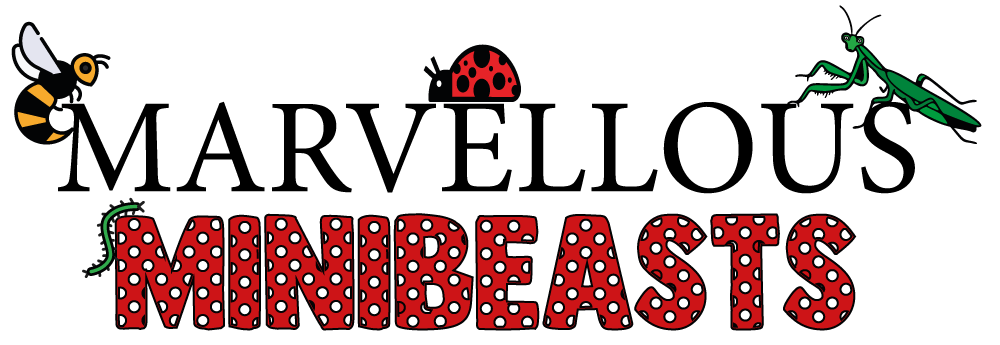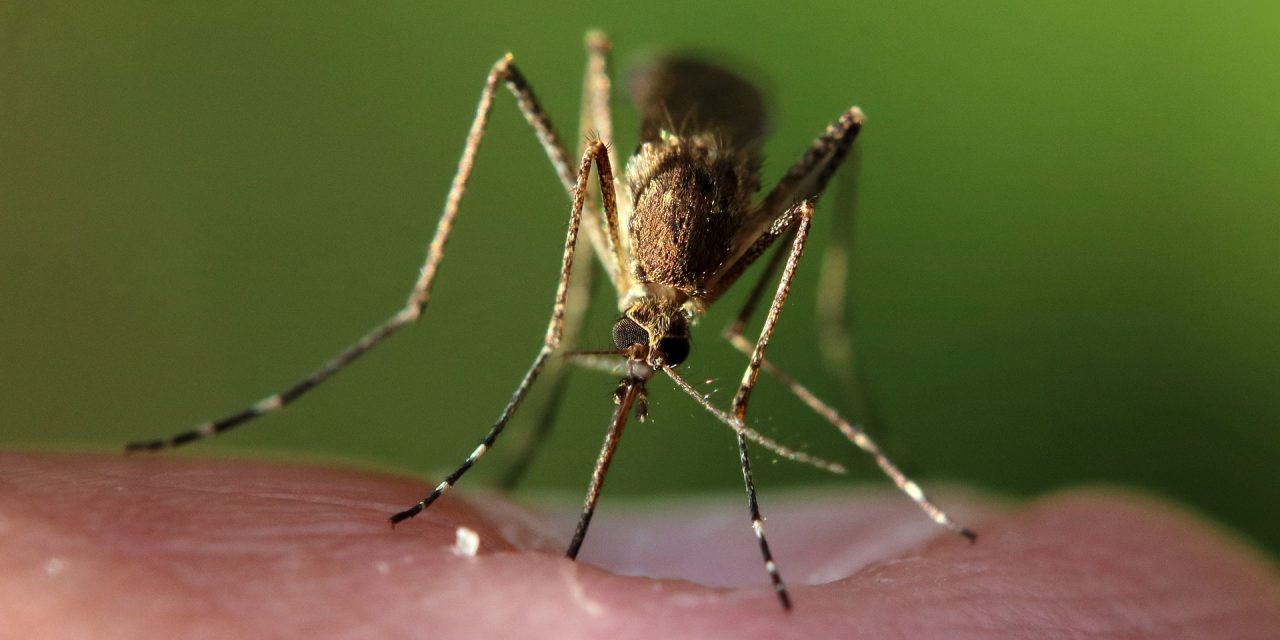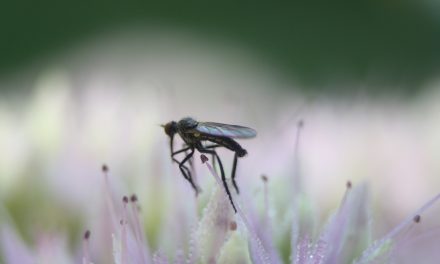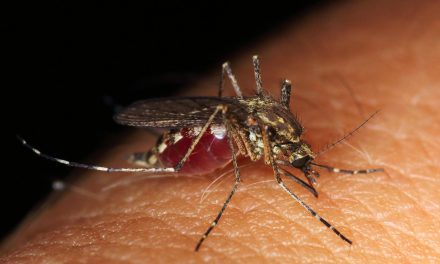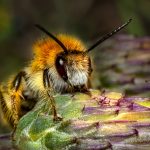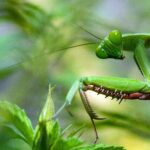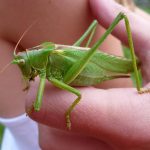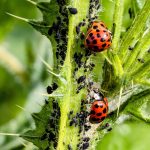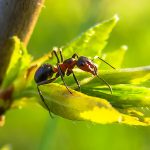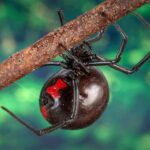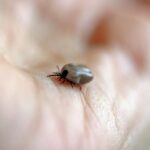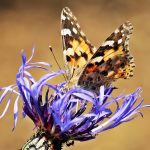Mosquitoes are a subset of tiny flies that make up the family Culicidae, from the Latin culex, which means “gnat.” Mosquito is the Spanish word for little fly. Mosquitoes have three pairs of long, hair-like legs, a slender, segmented body, one pair of wings, one pair of halteres, and elongated mouthparts.
There are more than 3,500 species of mosquitoes in the world, and many species of mosquitoes can transmit yellow fever, Chikungunya, West Nile, dengue fever, and Zika as well as parasitic diseases like malaria and filariasis. Keep reading to learn what purpose mosquitoes serve in our environment and our ecosystems.
What purpose do mosquitoes serve?
In spite of the fact that mosquitoes may appear to be nothing more than an annoyance, in reality, they serve as an essential part of the ecosystem. The most important job a mosquito will have in the ecosystem is pollination.
Pollination is necessary for plants to be able to reproduce and produce fruit. Some plants can self-pollinate, but the majority cannot, so they rely on insects to do it for them. There are numerous subspecies of mosquito that take part in the pollination process.
Mosquito larvae are an important food source for many freshwater animals, including fish, ducks, and dragonfly nymphs. Numerous vertebrates including birds, bats, and frogs, feed on mosquitoes once they reach adulthood.
Lifecycle of a mosquito
There are four stages in the life cycle of a mosquito: egg, larva, pupa, and adult. Eggs are laid On the water’s surface; after hatching, they develop into larvae that start to move around and consume organic matter and aquatic algae. The adult females of the majority of species have mouthparts that resemble tubes called a proboscis and can pierce the skin of a host to feed on blood, which contains the protein and iron needed to produce eggs.
Why do mosquitoes drink our blood?
You might not be aware of this, but only female mosquitoes are particularly interested in sucking blood from humans. The adult females have mouthparts that resemble a tube called proboscis which can pierce the skin of a host to feed on blood, which contains a high concentration of proteins and other nutrients.
Female mosquitoes need these nutrients to successfully produce and develop eggs. Since human blood is not necessary for the maturation of male mosquitoes, these insects will instead feed on the nectar that is produced by flowers.
Are mosquitoes attracted to certain blood types?
There is evidence from scientific studies that points to a specific blood type being more appealing to mosquitoes than other blood types. One such study found that mosquitoes were more attracted to people with blood type O.
Your blood type and other traits are determined by your genes, so your genetics may contribute to making you a particular target of interest to mosquitoes.
Your metabolic rate, in addition to the amount of carbon dioxide that your body exhales as it converts food into energy, is an additional factor that will increase the likelihood that you will be bitten. As a result of their higher resting metabolic rates, pregnant women and people who are overweight or obese are more likely to be bitten by mosquitoes.
Do we have mosquitoes in the UK?
Yes, we do have mosquitoes in the UK. The most prevalent species of mosquito in the UK is Culex pipiens. Instead of human blood, these mosquitoes feed on the blood of birds. There are a few mosquito species that feed on people, but it is unknown if they can spread diseases.
When the weather is warmer, you might notice that there are more mosquitoes around; this is because there is more standing water, such as ponds, puddles, or water buttes. Standing water can make an excellent breeding ground for mosquitoes.
How can I keep mosquitoes under control?
You can lower your risk of getting bitten by these insects and help keep them under control by taking a few easy precautions. Here are a few examples:
Mosquito traps
Both home-made mosquito traps made from recycled plastic bottles and store-bought mosquito traps work well at controlling mosquitoes. Mosquitoes like carbon dioxide, which you can make by mixing yeast, sugar, and hot water together.
Insect repellent
Mosquitoes and other insects can be kept at bay by using insect repellent, which can be applied to clothing or the skin. But some insect repellents may have insecticides in them, which are poisonous chemicals that kill insects and shouldn’t be put on the skin or clothes.
Attracting natural predators
Birds and other small animals feed on mosquitoes, so the best way to control them is by attracting these animals to your garden.
Smelly products
Mosquitoes don’t like strong smells like garlic, coffee grounds, or candles that smell like lavender or citronella; using these products around your home and garden can be effective at repelling mosquitoes.
Bug zapper
If all else fails and you’ve exhausted all other options, you might want to think about buying a bug zapper, which attracts flying insects and kills them.
Should we eradicate all mosquitoes?
Unfortunately, there are many unknown difficulties and dangers involved in eradicating an entire species. Entomologist Phil Lounibos has spoken about the risks of removing food sources and pollinators from the natural environment. He said that if mosquitoes were gone for good, the bugs that would come in their place would be just as bad, if not worse. We know that mosquitoes spread disease, but what if a replacement for them was even more effective?
